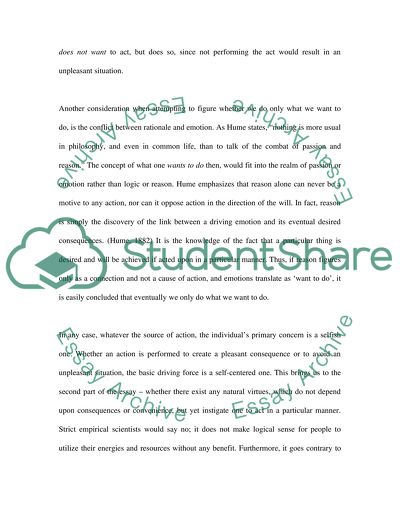Human Behaviour Essay Example | Topics and Well Written Essays - 1000 words. Retrieved from https://studentshare.org/people/1503824-human-behaviour
Human Behaviour Essay Example | Topics and Well Written Essays - 1000 Words. https://studentshare.org/people/1503824-human-behaviour.


